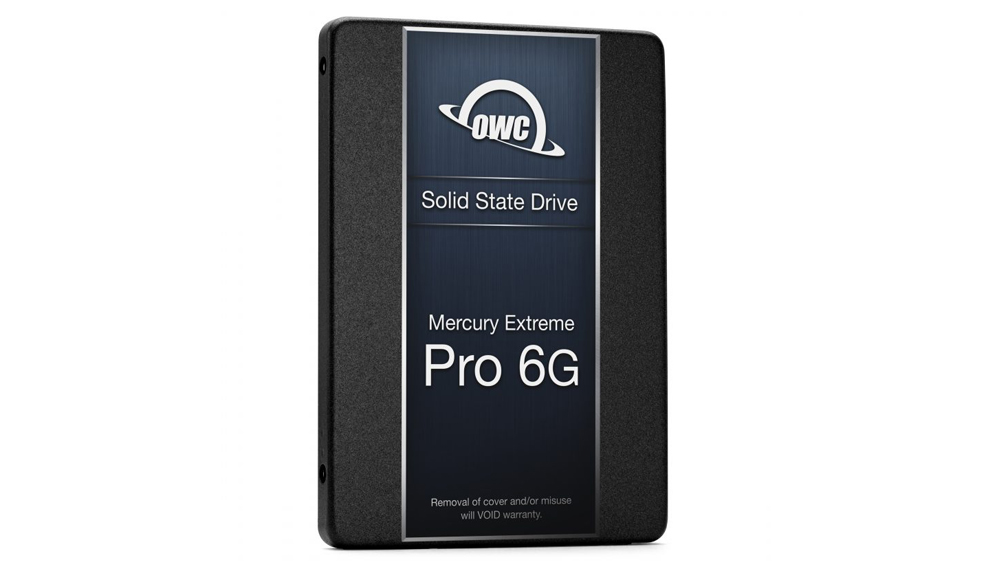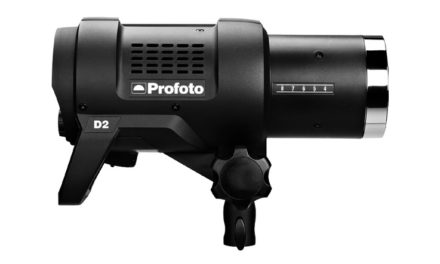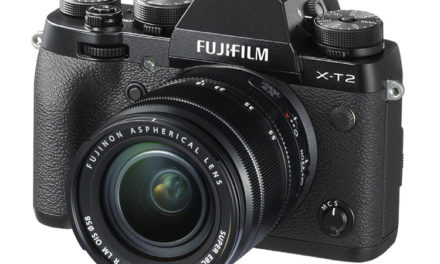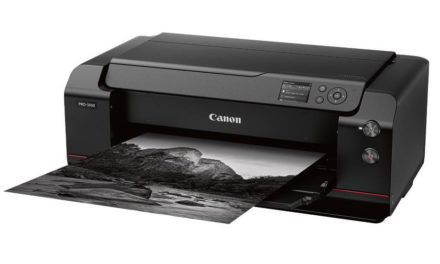Updated Drive Isn’t Faster but Has Less Risk of Data Loss
Review by Erik Vlietinck
OWC’s flagship SATA-based SSD, the Mercury Extreme Pro 6G, has been updated with new technology inside that’s available in a stylish limited edition black enclosure. These new SSDs are 2.5” SATA “disks.”
Although SATA has a hard-wired theoretical speed limit that hovers around 700 MB/sec, OWC has succeeded in making the Mercury Extreme Pro 6G even more appealing than it used to be by optimizing the throughput. I tested the new Mercury Extreme Pro 6G with the traditional Blackmagic Design Speed Test and stranded at a respectable 500 MB/sec; not bad, but not as fast as NVMe modules, obviously.
As many tech nerds know, the Blackmagic Design Speed Test tells only half the story; so I also ran an AJA System Test continuously for half an hour. It’s here OWC Digital’s claim about their new Mercury Extreme Pro 6G proves to be true (they claim that filmmakers should buy them to record footage, because the Mercury range is capable of sustaining a high throughput over the entire recording session).
The AJA test showed the Mercury Extreme Pro 6G didn’t drop even a few megabytes per frame. That’s amazing considering the fact that every other SSD or hard disk that I’ve tested so far (and I’ve tested a few) performs with troughs and peaks throughout tests that take only a few runs of the AJA stress test.
Does it matter, you might ask? Well, yes, it does; a lot, actually. When a disk drops transferred data in a single run, chances are that it will be dropping far more data as the stress increases. With the new Mercury Extreme Pro 6G, that risk is significantly lower. It’s almost zero if the half hour AJA runs I executed are anything to judge its performance by.
In short, if you have to save what we call “mission-critical” work to a SATA SSD, OWC’s Mercury Extreme Pro 6G isn’t going to disappoint. ■






